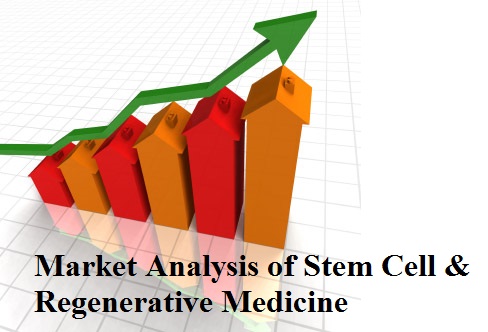Andriana Margariti
Queen's University Belfast, UK
Title: The RNA binding protein quaking is a key regulator of endothelial cell differentiation, neovascularization and angiogenesis through direct binding of the 3’UTR of stat3
Biography
Biography: Andriana Margariti
Abstract
The capability to derive endothelial cell (ECs) from induced Pluripotent Stem (iPS) cells holds huge therapeutic potential for diabetes. This study elucidates the precise role of the RNA-binding protein Quaking isoform 5 (QKI-5) during EC differentiation from both mouse and human iPS cells and dissects how RNA-binding proteins can improve differentiation efficiency towards cell therapy for important vascular diseases such as diabetes. iPS cells represent an attractive cellular approach for regenerative medicine today since they can be used to generate patient-specific therapeutic cells towards autologous cell therapy. In this study, using the model of iPS cells differentiation towards ECs, the QKI-5 was found to be an important regulator of STAT3 stabilisation and VEGFR2 activation during the EC differentiation process. QKI-5 was induced during EC differentiation, resulting in stabilisation of STAT3 expression and modulation of VEGFR2 transcriptional activation as well as VEGF secretion through direct binding to the 3’ UTR of STAT3. Importantly, iPS-ECs overexpressing QKI-5 significantly improved angiogenesis and neovascularization and blood flow recovery in experimental hind limb ischemia. Notably, human iPS cells overexpressing QKI-5, induced angiogenesis on Matrigel plug assays in vivo only seven days after subcutaneous injection in SCID mice. These results highlight a clear functional benefit of QKI-5 in neovascularization, blood flow recovery and angiogenesis. They, thus, provide support to the growing consensus that elucidation of the molecular mechanisms underlying EC differentiation will ultimately advance stem cell regenerative therapy and eventually make the treatment of vascular diseases such as diabetes a reality.

